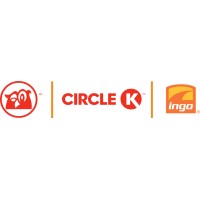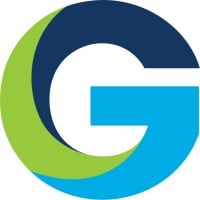
Alimentation Couche-Tard
Alimentation Couche-Tard (TSX: ATD.A ATD.B) (“Couche-Tard”) Tard is the leader in the Canadian convenience store industry. In the United States, it is the largest independent convenience store operator in terms of the number of company-operated stores. Alimentation Couche-Tard exploits over 16,000 stores in 27 countries and over 133,000 people are employed in its network worldwide. In Europe, Couche-Tard is a leader in convenience store and road transportation fuel retail in the Scandinavian countries (Norway, Sweden and Denmark), in the Baltic countries (Estonia, Latvia and Lithuania), as well as in Ireland, and has an important presence in Poland. Couche-Tard also offers other products, including aviation fuel and energy for stationary engines. In addition, under licensing agreements, approximately 2,250 stores are operated under the Circle K banner in 16 other countries and territories (Cambodia, China, Costa Rica, Egypt, Guam, Honduras, Hong Kong, Indonesia, Jamaica, Macau, Mexico, Mongolia, New Zealand, Saudi Arabia, the United Arab Emirates and Vietnam).






